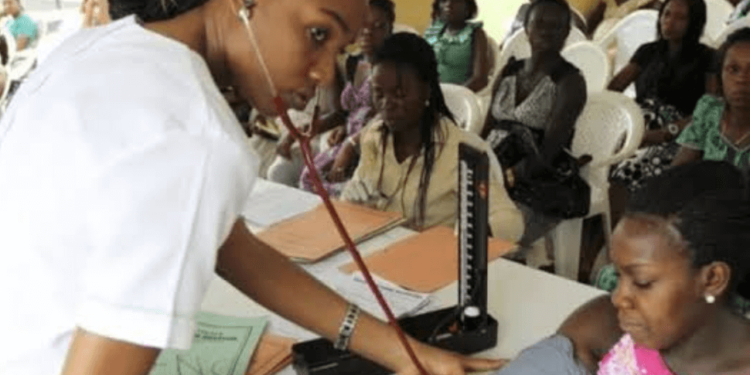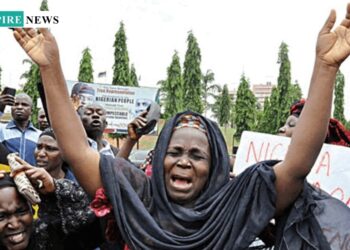Nigeria, Africa’s most populous nation, faces a critical and persistent public health crisis, largely due to the poor state of its primary healthcare system. Despite the central role that primary healthcare should play in delivering essential services to the population, especially the most vulnerable, Nigeria’s primary healthcare infrastructure is struggling to meet the needs of its citizens. This systemic failure has led to a range of devastating health issues, from high maternal and child mortality rates to the uncontrolled spread of preventable diseases. As Nigeria approaches the 2025 budget, there is an urgent need for both the federal and state governments to address this issue decisively, committing to robust reforms, improved funding, and comprehensive healthcare delivery.
A Peak at Primary Healthcare in Nigeria
Primary healthcare is meant to serve as the first line of defense against illness and disease in any country. It encompasses a broad range of services including immunization, health education, maternal and child healthcare, treatment of common ailments, and health promotion. Ideally, these services should be available at the community level, making them easily accessible to the population, especially in rural areas.
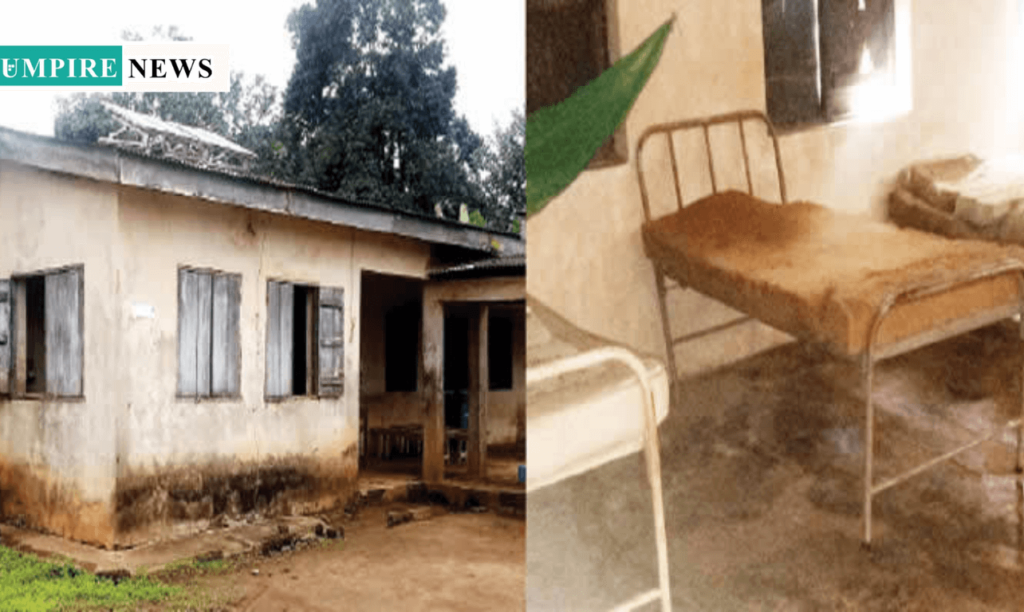
However, Nigeria’s primary healthcare system is fraught with challenges that undermine its effectiveness. According to the World Health Organization (WHO), Nigeria has one of the lowest numbers of healthcare workers per capita, with just 0.4 doctors for every 1,000 people. This is drastically lower than the recommended 2.5 per 1,000 people. In addition, the country’s primary healthcare centers are often poorly equipped, with outdated medical facilities, a lack of essential medicines, and a severe shortage of qualified healthcare personnel.
Despite these glaring deficiencies, Nigeria has continued to focus heavily on secondary and tertiary care facilities, leaving the primary healthcare sector underfunded and neglected. The consequences of this are being felt across the country, particularly in rural areas where access to healthcare is limited or non-existent.
The Impact: Maternal and Child Mortality
One of the most devastating outcomes of Nigeria’s poor primary healthcare system is its impact on maternal and child health. According to the United Nations, Nigeria accounts for around 20% of global maternal deaths, with approximately 512 deaths for every 100,000 live births. A major factor contributing to this alarming statistic is the lack of access to skilled healthcare professionals, particularly in rural areas, where many women are forced to give birth without the assistance of trained doctors or midwives.
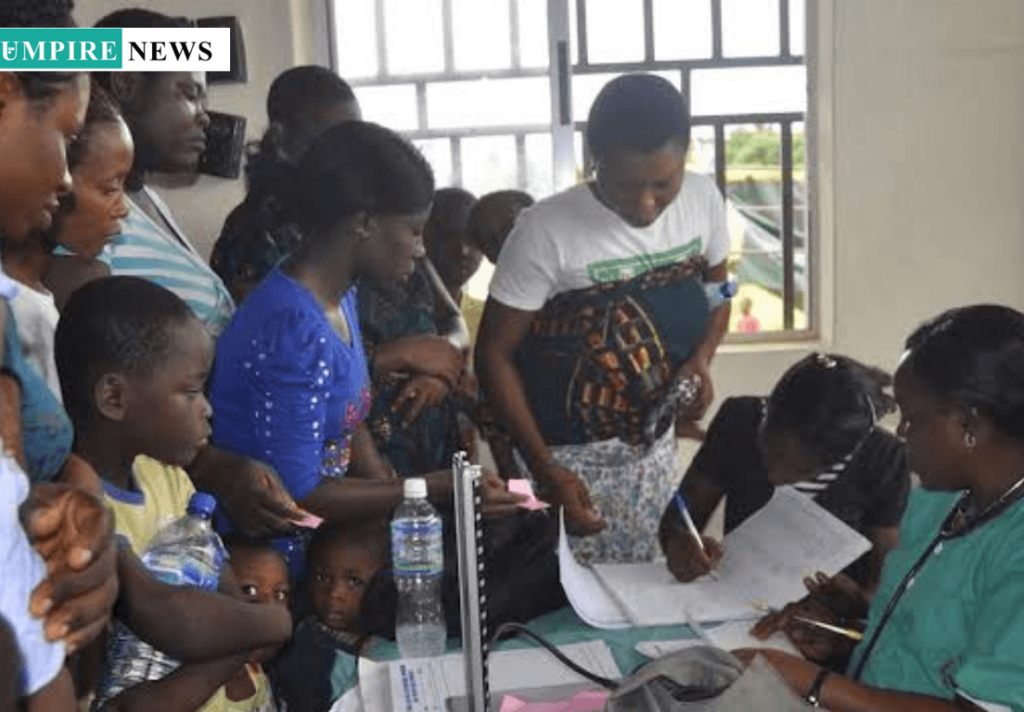
Many Nigerian women, especially those in rural communities, deliver their babies at home due to the absence of nearby healthcare facilities. This often leads to complications such as hemorrhages, infections, and obstructed labor, all of which could be managed with access to proper medical care. In addition, Nigeria has one of the highest child mortality rates in the world, with many children dying from diseases like pneumonia, malaria, and diarrhea—illnesses that could be prevented or treated effectively if primary healthcare services were available.
Immunization coverage, which is crucial for preventing child mortality, remains inadequate in many parts of Nigeria. A report by UNICEF highlights that only about 50% of Nigerian children are fully immunized, leaving them vulnerable to vaccine-preventable diseases. This is further exacerbated by the poor infrastructure of health centers that are often unable to stock essential vaccines, putting the lives of the country’s youngest citizens at risk.
The Spread of Preventable Diseases
The inadequate state of primary healthcare in Nigeria has also contributed to the spread of preventable diseases. Malaria, which remains endemic in the country, continues to cause significant morbidity and mortality, especially in children under five years old. Although there have been efforts to control malaria through the distribution of insecticide-treated nets and antimalarial treatments, these efforts are often hampered by limited access to healthcare services and poorly functioning healthcare facilities.
Similarly, outbreaks of vaccine-preventable diseases such as measles and polio continue to occur in some parts of the country. While Nigeria made significant progress in eradicating polio and was certified polio-free by the World Health Organization (WHO) in 2020, isolated outbreaks still occur, largely due to gaps in immunization coverage and inadequate surveillance systems. The lack of proper healthcare infrastructure in rural areas makes it difficult to track and control these diseases effectively, leading to a continued public health threat.
Furthermore, the increasing burden of non-communicable diseases (NCDs) such as hypertension, diabetes, and cancer presents another challenge to the country’s healthcare system. Primary healthcare is vital for the prevention, early diagnosis, and management of NCDs, but without sufficient resources, trained personnel, and diagnostic tools, many Nigerians are left untreated until their conditions worsen, resulting in unnecessary deaths and a greater burden on secondary and tertiary care facilities.
Underfunding and Mismanagement of Resources
A major issue contributing to the poor state of Nigeria’s primary healthcare system is the chronic underfunding of the sector. The Nigerian government allocates less than 5% of its national budget to healthcare, which is far below the recommended 15% by the African Union and the World Health Organization. Despite various commitments to improve the healthcare sector, primary healthcare continues to be neglected, with the majority of healthcare spending directed toward secondary and tertiary care.
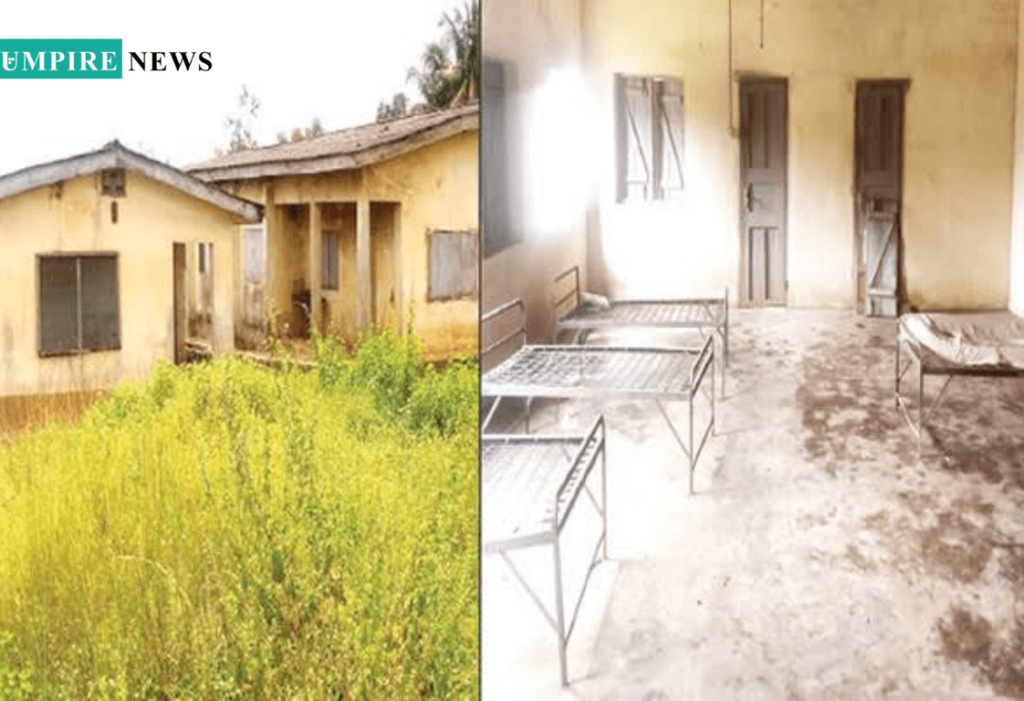
In addition to underfunding, there is widespread corruption and mismanagement of healthcare resources. Funds allocated to primary healthcare often do not reach the intended facilities or communities. Reports of misappropriation and embezzlement of healthcare funds are common, further deepening the crisis. The lack of accountability in the management of healthcare budgets means that even the limited funds available are not used effectively, leaving many health centers without essential equipment, medicines, or staff.
The Need for Decisive Action
As Nigeria approaches the 2025 fiscal year, with states and national budget already prepared, there is an urgent need for the federal and state governments to prioritize primary healthcare. The budgets allocation to primary healthcare should be substantial and geared towards rebuilding and strengthening the primary healthcare system, focusing on infrastructure development, the recruitment and training of healthcare personnel, and the procurement of medical supplies.
One of the key areas that require attention is the improvement of healthcare facilities, particularly in rural areas. Many primary healthcare centers are in a state of disrepair, with crumbling buildings, inadequate medical equipment, and insufficient drugs. 2025 is a new fiscal year that government should pay critical attention to refurbish existing healthcare facilities, equip them with modern medical technology, and ensure a steady supply of essential drugs and vaccines.
Further, the recruitment of healthcare workers should be a priority. This includes not only doctors and nurses but also midwives, pharmacists, and laboratory technicians. Incentives must be put in place to attract and retain qualified professionals in underserved communities, in both urban, semi-urban and rural areas, where healthcare workers are often reluctant to work due to poor conditions. A strong focus on training and continuous professional development will also be essential to ensure that healthcare workers are equipped with the skills and knowledge necessary to provide quality care.
One other critical aspect is the establishment of a more efficient and transparent healthcare financing system. The government must ensure that funds allocated to primary healthcare are used effectively, with adequate monitoring mechanisms in place to prevent corruption and mismanagement. A part of this should include working with international development partners and non-governmental organizations (NGOs) to augment domestic funding and ensure that resources reach the grassroots.
The state of primary healthcare in Nigeria remains a major public health crisis that requires proper attention. With the 2025 budgets presented, the federal and state governments have an opportunity to make a meaningful impact by prioritizing primary healthcare reforms. By committing to adequate funding, improved infrastructure, the recruitment of skilled healthcare professionals, and tackling corruption, the government can create a robust healthcare system that addresses the health needs of all Nigerians. Without decisive action, Nigeria will continue to face devastating health consequences, including high maternal and child mortality rates, the spread of preventable diseases, and a growing burden of non-communicable diseases. The time to act is now, and as 2024 comes to a close, 2025 offers a crucial opportunity to change the trajectory of Nigeria’s healthcare system for the better. The question remains; which public servants will brace the odds and create incredible legacy in genuine and enduring primary healthcare reforms?


